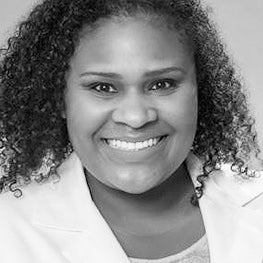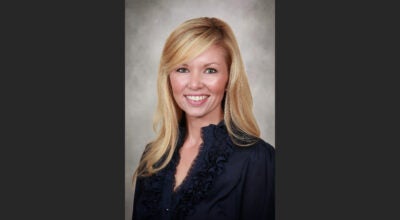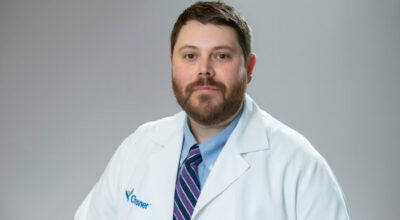Ochsner: Caregivers are essential to a cancer patient’s care
Published 12:00 am Wednesday, October 20, 2021
|
Getting your Trinity Audio player ready...
|
Cancer is one of the leading causes of death worldwide, and chances are the person reading this right now knows someone affected by the disease. Watching a loved one receive a cancer diagnosis and go through treatment is a difficult experience.
Caregivers play a critical role in a cancer patient’s care. What defines a caregiver is that they are the primary individual responsible for taking care of their loved one who is sick. Spouses, partners, parents, adult children and close friends are often caregivers.
Shuffling multiple duties, caregivers can be a means of emotional and physical support, transportation, a collaborator with the healthcare team, a personal chef, financial manager and scheduling manager. Though other people may fill in from time to time, the caregiver is generally a part of decision-making and provides support at the hospital and at home.
When a family member or close friend is battling cancer, the emotional stress on the caregiver can be similar to what the patient is experiencing. This often happens when caregivers place their own needs on hold and then put all their energy into caring for their loved one, often forgetting to take proper care of themselves.
“The role of the caregiver is rewarding because you are able to provide comfort and care for your loved during a difficult time when support is needed the most. Yet, it is not easy and can be demanding. Though you are doing the best that you can, you may at times find yourself overwhelmed by the responsibilities of caring for your loved one. The caregiver paradox is that to take care of others, you must look after yourself,” explains Tracey Murry, PhD, clinical psychologist, The Gayle and Tom Benson Cancer Center at Ochsner Medical Center.
There are a few essential strategies caregivers can use to help navigate a cancer diagnosis and treatment while maintaining their emotional and physical health. Being mentally and physically healthy ensures the caregivers ability to provide exceptional support and care.
As much as possible, caregivers should remember to contribute to their own well-being. Take breaks, do enjoyable things, exercise and maintain a healthy diet. It may feel selfish to take time to do these things; but, when a caretaker maintains their well-being, they will be better able to contribute to their loved one’s care.
Caregivers should keep an open line of communication. The patient-caregiver relationship is interdependent and is essential to coping with the demands of a cancer diagnosis and treatment. It is important to communicate as honestly and openly as you can with the family member or friend. Better communication typically helps both the patient and caregiver feel supported by one another, grow closer and facilitate treatment.
It’s okay to ask for help. Do not hesitate to ask for help when needed. Friends, other family members and your loved one’s healthcare team are all groups to turn to for advice, support, resources or comfort. Furthermore, mental health providers at the Ochsner Cancer Institute regularly assist family members and friends with their caregiver-specific emotional and support needs.
“Ultimately, caregivers should know that the best thing they can do to support their friend or family member’s care is to support their own well-being. Taking small steps to contribute to your own physical and psychological health will go a long way as you support your loved one,” said Dr. Murry.
For cancer resources please visit Ochsner.org/cancer.
Dr. Tracey Murry received her undergraduate degree from Spelman College in Atlanta, Georgia,
and her Doctor of Philosophy degree in Clinical Psychology from Saint Louis University in St.
Louis, Missouri. Following this, she completed her internship at Gulf Coast Veterans Health Care System in Biloxi, Mississippi. She participated in a primary care psychology fellowship at the University of Mississippi Medical Center. Dr. Murry is licensed by the Louisiana State Board of Examiners of Psychologists and has been on staff at Ochsner since 2019. She conducts adult psychological evaluations and evidence- based therapy with individuals contemplating or undergoing cancer treatments, cancer survivors and family members of cancer patients. These services are provided at the Gayle and Tom Benson Cancer Center.






